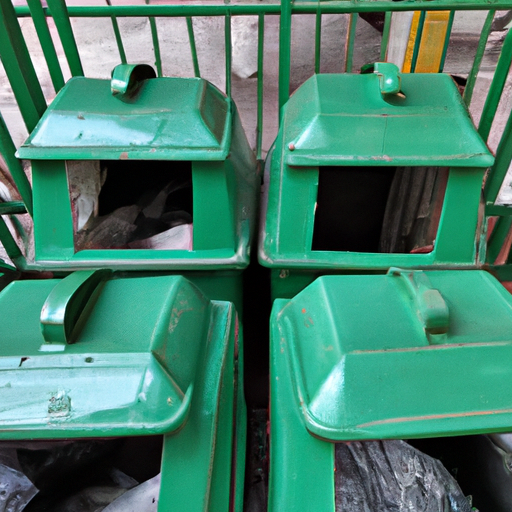In today’s rapidly urbanizing world, effective waste management is more critical than ever. With increasing populations generating mountains of refuse, traditional waste disposal methods are proving inadequate. However, smart waste management systems are transforming the landscape of waste disposal into a more efficient, sustainable process.
What Are Smart Waste Management Systems?
Smart waste management systems utilize technology and IoT (Internet of Things) to optimize the waste management process. By integrating sensors, data analytics, and real-time monitoring, these systems offer sustainable solutions that improve recycling rates, reduce costs, and enhance overall efficiency.
The Benefits of Smart Waste Management
- Increased Efficiency: Smart waste bins are equipped with sensors that monitor waste levels. This data allows for optimized collection routes, reducing fuel consumption and operational costs.
- Real-Time Monitoring: Operators can track collections and request pickups only when needed, eliminating unnecessary trips and minimizing environmental impact.
- Improved Recycling Rates: Technologies like RFID tags can track materials and ensure proper recycling, leading to better resource recovery.
- Cost-Effectiveness: By automating and streamlining processes, cities can experience substantial savings in labor and operational expenses.
- Community Engagement: Many smart systems include user-friendly apps that allow residents to report issues or track recycling schedules, fostering community involvement.
Examples of Smart Waste Management Technologies
1. Sensor-Enabled Bins: These bins can detect when they are full and send alerts to collection teams. Companies like Bigbelly and Ecube Labs have pioneered these smart bins, significantly reducing overflow and litter.
2. Waste Sorting Robots: Automated robots, such as ZenRobotics, utilize AI to sort recyclables from waste, increasing the efficiency and effectiveness of recycling efforts.
3. Data Analytics Platforms: Platforms like SmartBin aggregate data from various sources to predict waste generation patterns, helping municipalities plan better.
Challenges and Considerations
While smart waste management systems present significant advantages, there are challenges to consider:
- Initial Investment: The cost of implementing these technologies can be high, especially for struggling municipalities.
- Data Privacy: With increased connectivity comes the responsibility to manage data securely and protect user privacy.
- Adoption Rates: Engaging the community and ensuring proper use of smart systems requires education and awareness campaigns.
The Future of Waste Management
As cities strive to become smarter and more sustainable, the adoption of smart waste management systems will become increasingly necessary. Transitioning to these innovative solutions is not just a trend; it’s a pivotal step towards a cleaner environment and a more efficient urban infrastructure.
Conclusion
Incorporating smart technologies in waste management is essential for creating sustainable and efficient waste disposal systems. As we embrace these innovations, we pave the way for a greener, more accountable future where waste management not only addresses today’s challenges but also anticipates tomorrow’s needs.
Interested in implementing smart waste management solutions in your community? Start exploring the possibilities today!




